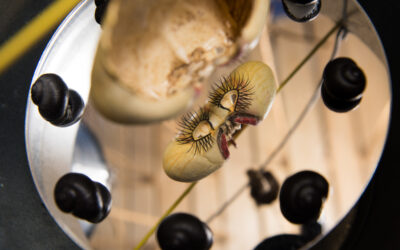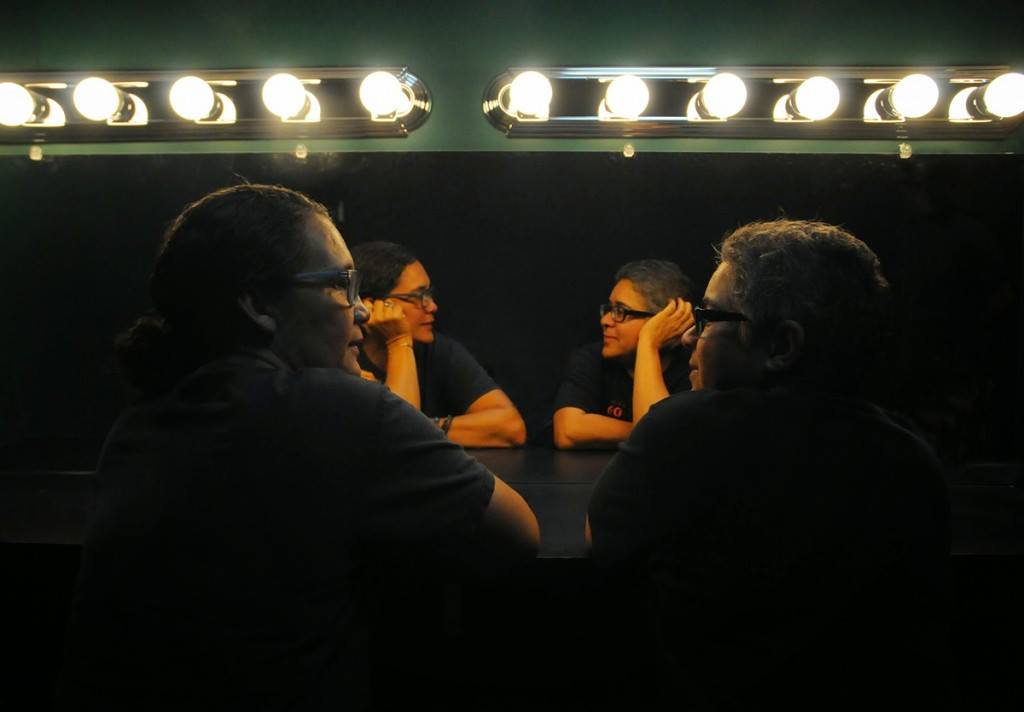
Teaming up to transform part of the grounds at the National Art Gallery of The Bahamas (NAGB) this year are cousins College of The Bahamas Assistant Professor of Sociology Nicolette Bethel and artist and designer Margot Bethel, who will be assembling a representation of a former family home. The artwork was originally planned as a piece for the Seventh National Exhibition, Antillean: an Ecology, but the project had to be delayed due to conflicting schedules.
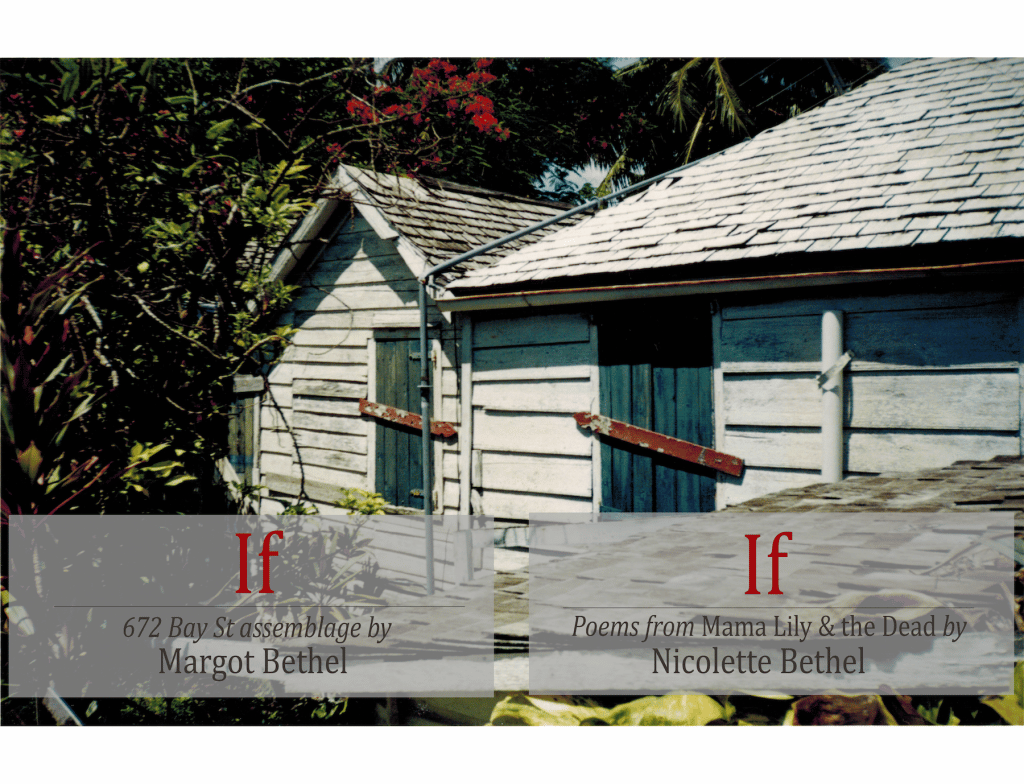
Each year, the Transforming Spaces bus tour unveils thought-provoking transformations in galleries and creative spaces across New Providence. This year, the tour will be held over March 21 and 22 and will treat explorers to metamorphosed areas at Hillside House, Doongalik Studios, PopopStudios, the D’Aguilar Art Foundation, The National Art Gallery of The Bahamas (NAGB) and Liquid Courage Gallery. While the Transforming Spaces works are normally only exhibited over the weekend, the Bethels’ installation will continue to exist for several months at the NAGB.
Transforming Spaces 2015 has set itself apart from previous years by foregoing a universal theme, giving participating artists more sovereignty than ever before. Artists have been asked to use each gallery’s history, location and position in the context of Bahamian society as inspiration for transforming the space.
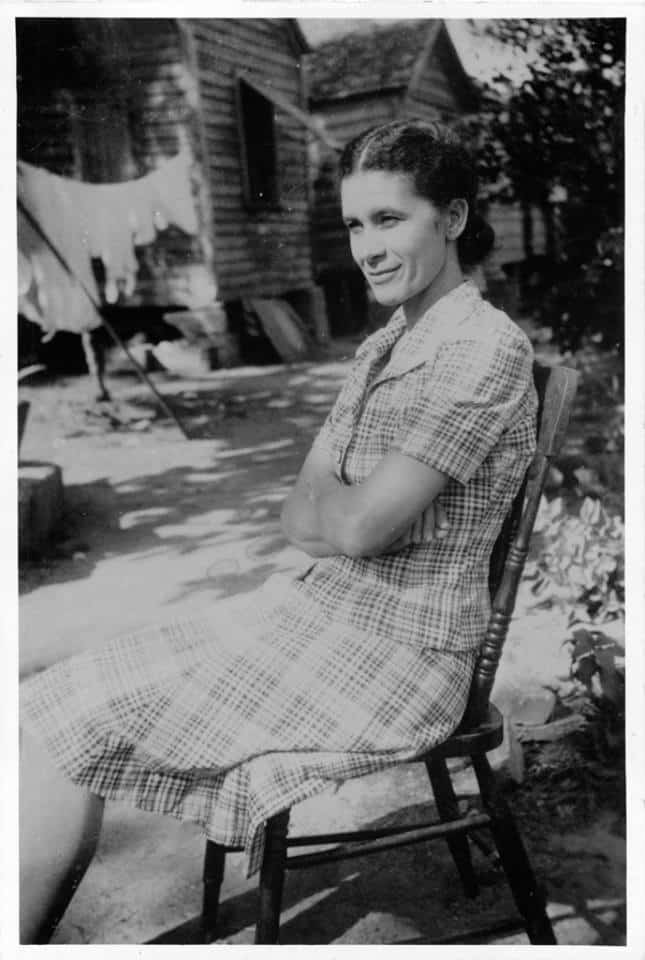
The Bethels’ family house, known for more than a century as 672 Bay Street, was the childhood home of both women’s fathers. Their paternal grandmother lived in the property for 70 years, and it originally belonged to her mother-in-law. Ten years ago, the home was demolished without notice or permission.
“In February 2005, I drove past my grandmother’s house on East Bay Street to find a bulldozer sitting on top of it,” wrote Nicolette Bethel on her blog, nicobethel.net.
“We had not booked any bulldozer. We had no intention of demolishing the house. My cousin Margot and I had, in fact, begun the long, slow process of renovation.”
Hoping to salvage pieces of the home, Margot Bethel combed the wreckage for shutters, window frames and timbers of Abaco pine. Her findings – stored in a shipping container onsite – were hauled away, also without notice or permission.
“Subsequently, looters took the limestone that the house had been raised upon and also the ones forming the cistern on the western side of the house. Still, other pieces were removed from another location Margot had stored them at and taken for garbage. Whatever is left are remnants,” said Nicolette Bethel.
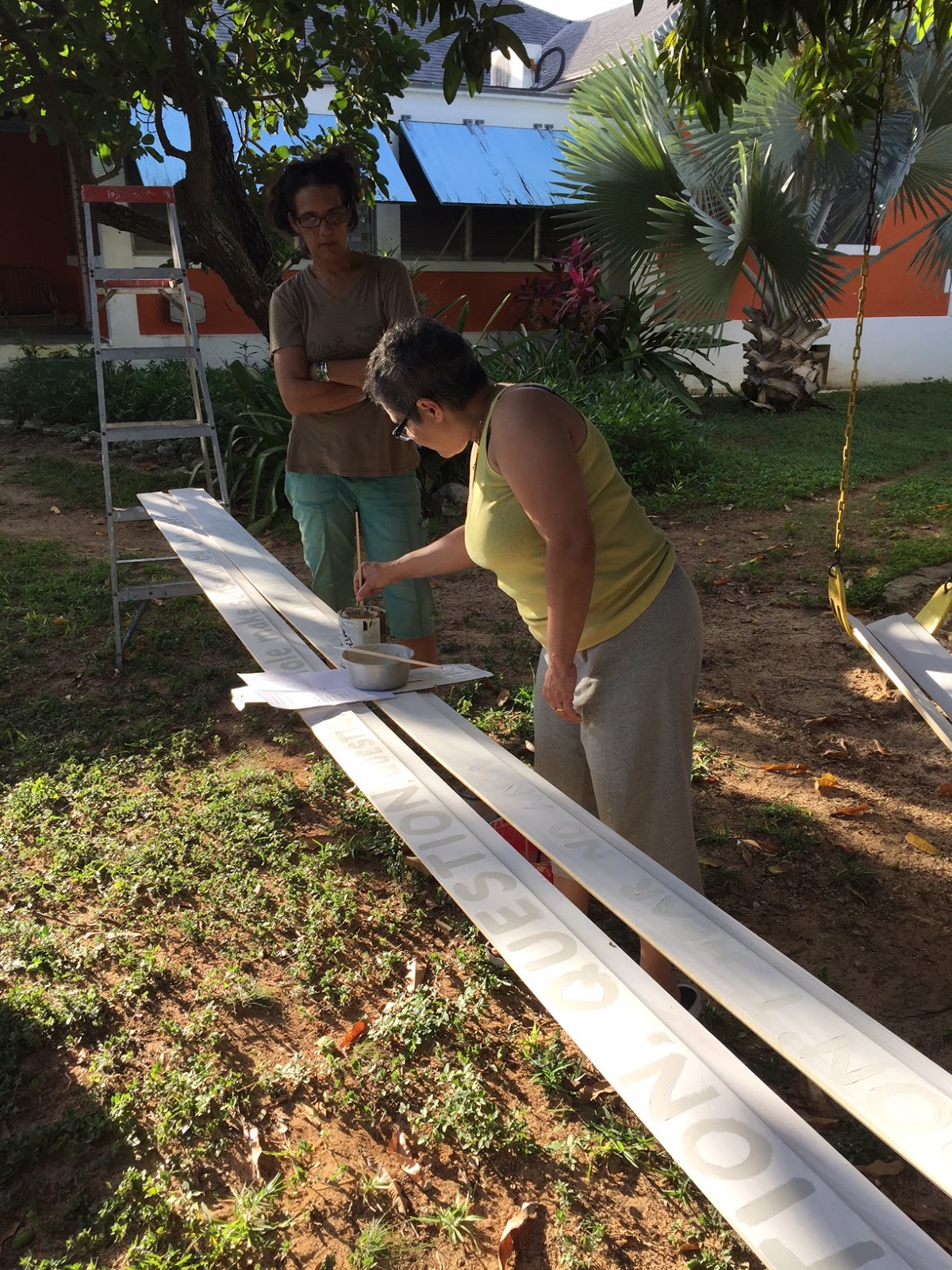
The Bethels’ transformative piece involves words; poems; original possessions from the home, including family Bibles, photographs, tea cups and journals, and a model of a portion of the demolished home. Both women will be evoking their respective knowledge of theatre and thespian experiences in the transformation
“I have many years’ experience building and designing for both film and theatre, and, naturally, Nicolette is a playwright, director and theatre festival founder,” said Margot Bethel. “Theatre and drama are important components of the piece because of the way they connect to the narrative side of the project and the fact that we are not only remembering but also using new found objects to represent others that were lost. We are, essentially, writing and re-writing our familial histories, so the installation may have the distinct feel of a theatre set.”

Titled “If”, the installation’s name evokes emotions like longing and regret.
“It was also used by our family as a means of expressing emphatic agreement, as in, ‘Did it hurt?’ ‘If!’ Or, ‘Did you look fabulous?’ ‘If!’” explained Nicolette Bethel, who added that “If” will be a work in progress.
Designed to be a ‘living’ piece that will continue to evolve even after the 2015 tour has completed, the artists will be adding to, re-working and exploring new perspectives of the installation in months to come. Nicolette Bethel hopes it will “do justice to the memories of those who have gone before”.
“I hope that our relatives will be moved by what we recall, and I hope we pay homage to what is great in the most humble bits of our past.”
“I hope people get a sense of a family whose lives are neither simplified nor distilled. I hope they see the diversity, even the messiness of our collective histories as people who inhabit and have inhabited these islands, and I hope people see how we are not always what we are seen to be,” added Margot Bethel.
